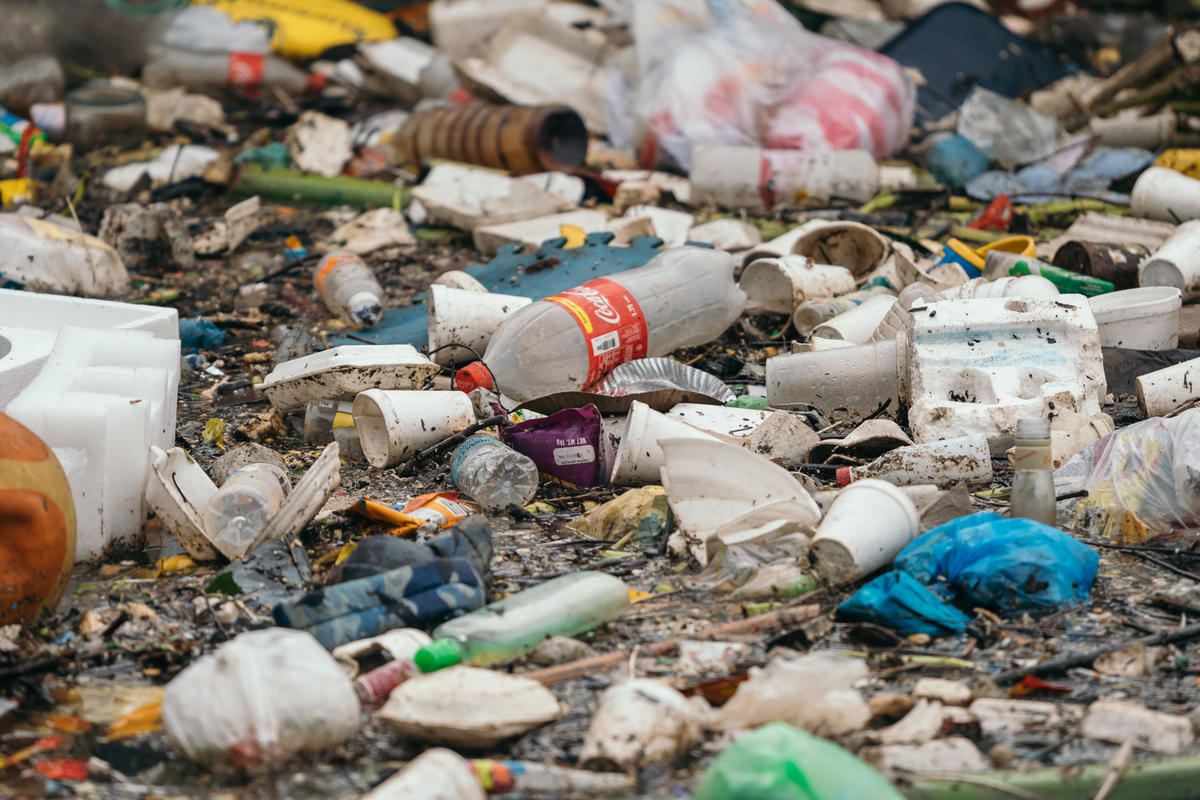Walden Asset Management, in collaboration with As You Sow, recently wrote to the CEOs of nine companies arguing that membership in the Plastics Industry Association supports lobbying for statewide preemption laws that prohibit 70 million Americans in 10 states from the freedom to choose to enact bag ordinances to reduce plastics waste in their communities. Our goal was to end financial and brand support for plastic bag preemption lobbying that is usurping local community rights.
In a Nov. 5 article in Plastics News discussing this initiative ("Green investor pushes back on bag ban policy," Page 1), the association and its subsidiary, the American Progressive Bag Alliance, made several incorrect and questionable assertions.
The groups assert that bans and taxes have never been shown to reduce litter. Fees on plastic bags have been shown to reduce litter in many credible, impartial studies. According to a recent study measuring trends over 25 years from the United Kingdom government's Center for Environment, Fisheries and Aquaculture Science, there are significantly fewer plastic bags on the seafloor after several European countries introduced bag fees. The study was based on 39 independent scientific surveys of the distribution of marine litter on seabeds between 1992 and 2017. A Scientific American posting notes that a plastic bag tax levied in Ireland in 2002 led to a 95 percent reduction in plastic bag litter, and a study by San Jose, Calif., found that a 2011 ban led to a plastic litter reduction of 89 percent in storm drains, 60 percent in creeks and rivers, and 59 percent in city streets and neighborhoods.
Analysis of plastic shopping bag collection in California during the annual Coastal Cleanup before and after its bag fee was enacted shows a significant 30 percent decline in plastic bag litter on beaches. The Austin Resource Recovery study found that the Single-Use Bag Ordinance was successful in reducing plastic bag litter in the city.
Plastics Industry Association CEO Bill Carteaux asserts that plastic bags are the most environmentally friendly and sustainable option. The industry says production of bags uses fewer greenhouse gases than other materials. Life cycle assessments cited by the plastics and chemical industry do not factor in the most harmful and long-lasting impact of plastic bags: pollution to land, rivers and oceans. Millions of birds and fish are impaired or choked to death by plastics bags and plastic particles from degraded bags. Cattle, moose and reindeer also suffer from eating plastic bags polluted to land.
The association says that recycling is the best solution to plastic bag waste management, but efforts to recycle plastic bags cannot be viewed as successful. The U.S. Environmental Protection Agency estimates that just 5 percent of plastic bags are recycled. There are many reasons for this, but most fundamental is the unwillingness of the plastics industry or end-user brands to take responsibility for the costs of developing state-of-the-art collection, processing, and recycling programs and materials markets. Instead, the association blames consumers for littering the bags and expects consumers to pay most of the costs for having them collected and landfilled or recycled.
Lastly, Carteaux asserts that the Plastics Industry Association and APBA are separately funded organizations. The groups are a single financial entity as defined by the U.S. Internal Revenue Service regulations. Plastics News on Jan. 12 stated "APBA, while a nonprofit, is not required to release a tax return because it operates as part of the Plastics Industry Association in Washington." Member dues to the Plastics Industry Association support the budget of APBA for the costs of their shared office space, shared webpage hosting and other shared overhead costs. In order for the association and APBA to be financially separate entities, separate organizations must be established with separate IRS financial filings.
Support of plastic bag preemption lobbying is a demonstrated conflict with company commitments to reduce plastic pollution and is a brand risk. Companies have the choice to demonstrate leadership on plastic pollution now.
Tim Smith is director of ESG shareowner engagement at Walden Asset Management. Conrad MacKerron is senior vice president at As You Sow.
Originally posted in PlasticNews.




